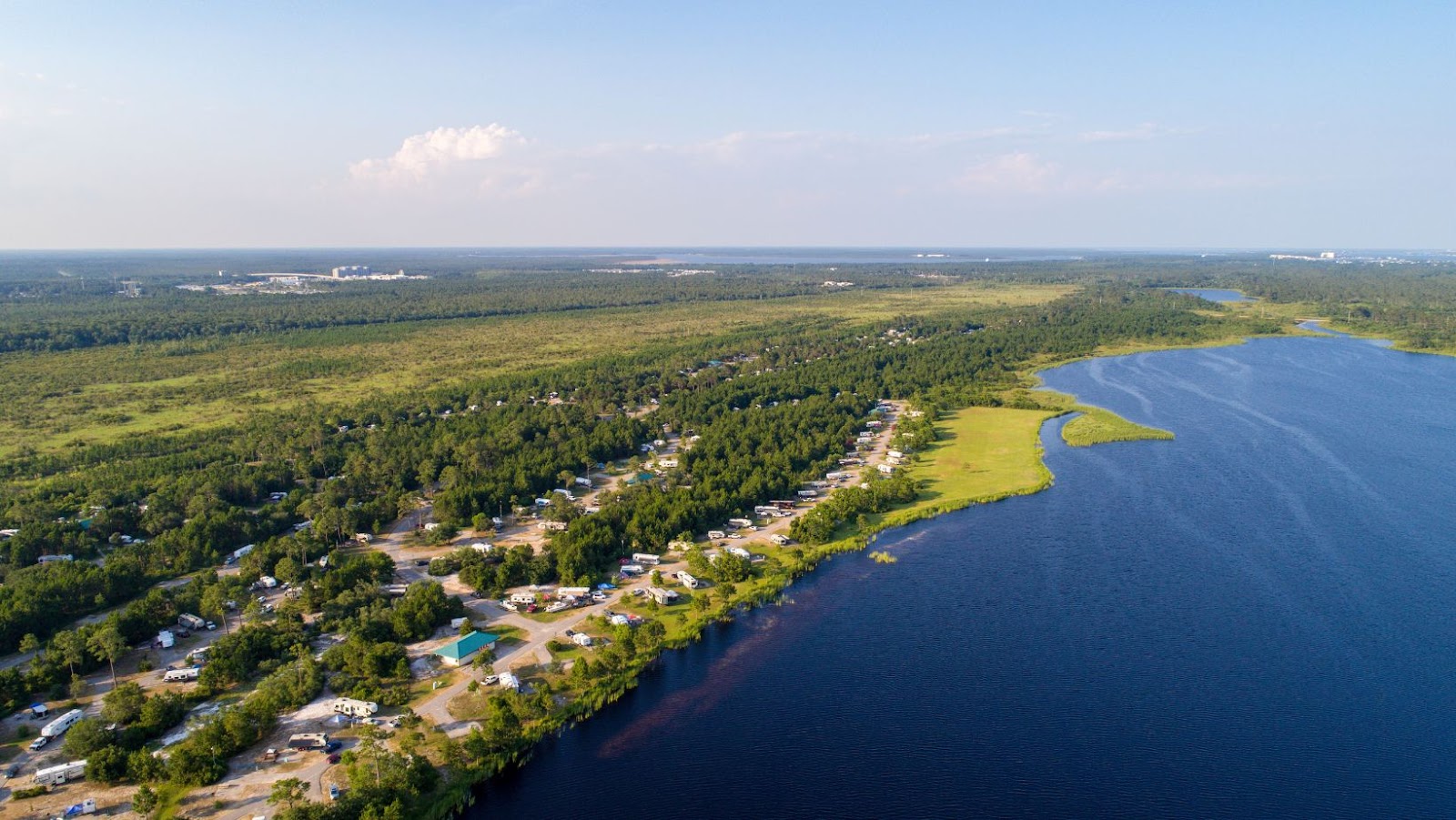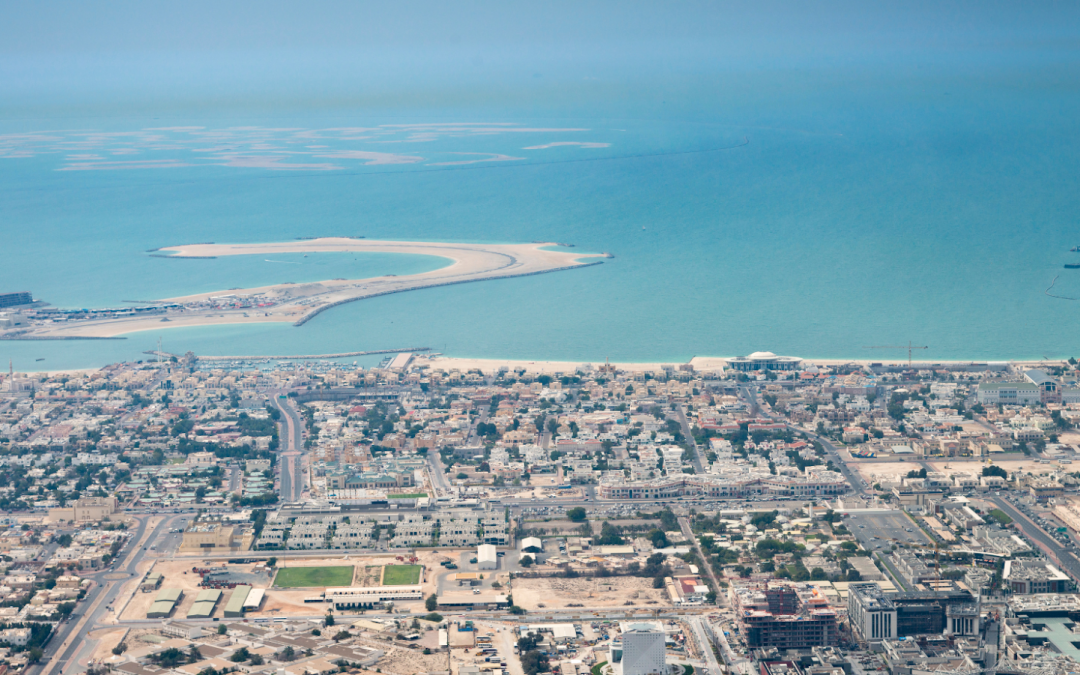The Arabian Sea Gulf is a treasure trove of history and culture, with a rich heritage that spans centuries. The Gulf has been home to some of the world’s most renowned civilizations, including the Sumerians, Babylonians, and Assyrians. From these early cultures, the Gulf has inherited a wealth of artifacts and architecture, as well as a deep spiritual tradition. The Gulf is also home to a number of important religious sites, such as the Kaaba in Mecca and the Dome of the Rock in Jerusalem.
In addition to its historical and cultural significance, the Arabian Sea Gulf is also an important economic hub, with a thriving maritime trade that has shaped the region for centuries. Today, the Gulf is a dynamic and vibrant region, with a rich tapestry of cultures and traditions. It is a place where history meets modernity, and where people from all over the world come together to celebrate their shared heritage.
Arabian Sea Gulf
Is also called as Persian gulf. It is the worlds deepest gulf. It is located in between Oman, Yemen, Iran, Kuwait, Qatar and Bahrain. The coastline of Arabian sea gulf is about 6500 km long. The width of this gulf is varying from 250 to 550 km. The area of Arabian sea gulf is about 814000 km2. The average depth of this gulf is about 1800 m. The deepest point in this gulf is about 3400 m. The volume of water present in Arabian sea gulf is about 447000 km3. The major rivers which flow into this gulf are Tigris, Euphrates, Wadi Batin and Karun river. The major cities present on the coastline of Arabian sea gulf are Mumbai, Karachi, Abu Dhabi, Bahrain and Doha.
In addition to its historical and cultural significance, the Arabian Sea Gulf is also an important economic hub, with a thriving maritime trade that has shaped the region for centuries. Today, the Gulf is a dynamic and vibrant region, with a rich tapestry of cultures and traditions.
The Arabian Sea Gulf is a Treasure Trove of History and Culture, Dating Back to Ancient Times
The Gulf has been home to some of the world’s most renowned civilizations, including the Sumerians, Babylonians, and Assyrians. From these early cultures, the Gulf has inherited a wealth of artifacts and architecture, as well as a deep spiritual tradition. The Gulf is also home to a number of important religious sites, such as the Kaaba in Mecca and the Dome of the Rock in Jerusalem.

In addition to its historical and cultural significance, the Arabian Sea Gulf is also an important economic hub, with a thriving maritime trade that has shaped the region for centuries. Today, the Gulf is a dynamic and vibrant region, with a rich tapestry of cultures and traditions.
The Region is Home to a Variety of Fascinating Historical Sites, Including Ancient Tombs, Forts, and Mosques
The region is home to a variety of fascinating historical sites, including ancient tombs, forts, and mosques. These sites provide a unique glimpse into the past, and they offer an opportunity to learn about the rich history of the region. The ancient tombs are some of the most interesting historical sites in the region. They date back thousands of years, and they provide a fascinating glimpse into the burial rituals of the past. The forts are another type of historical site that is worth visiting.
The culture of the Arabian Sea Gulf is just as rich and varied as its history, with a unique blend of Arab, Indian, and African influences. The region is home to a number of traditional festivals, such as the Eid al-Fitr and the Hajj, that are celebrated by people from all over the world.

They were built to protect the inhabitants from invaders, and they provide an insight into the military history of the region. The mosques are also an important part of the region’s history. They are beautiful examples of Islamic architecture, and they offer a peaceful place to reflect on the rich history of the region.
Its Culture is Just as Rich and Varied as its History, With a Unique Blend of Arab, Indian, and African Influences
The culture of the Arabian Sea Gulf is just as rich and varied as its history, with a unique blend of Arab, Indian, and African influences. The region is home to a number of traditional festivals, such as the Eid al-Fitr and the Hajj, that are celebrated by people from all over the world. The region is also home to a number of traditional sports, such as camel racing and falconry, that are enjoyed by both locals and visitors.











